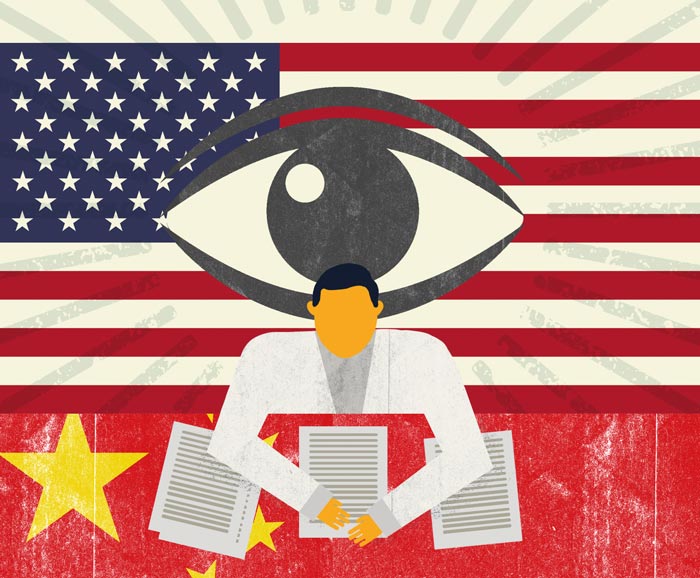 The controversial baby gene-editing experiment performed in China, announced at a conference in Hong Kong in November, may have directly involved a scientist from the USA. Biophysicist Michael Deem, a professor at Rice University in Houston, Texas, is being investigated by the institution for allegedly collaborating with He Jiankui, the Chinese researcher responsible for the controversial gene-editing experiment that resulted in the birth of two babies who are immune to the AIDS virus. Shortly before making his public announcement, Jiankui submitted a paper on the experiment to the journal Nature, which rejected the submission. Leaked emails from the investigation show that Deem’s name appeared on the list of the paper’s authors, suggesting he supervised the study. The researcher, who denies participating in the experiment, is already suffering the repercussions of the scandal. His transfer to City University of Hong Kong, where he had been offered an executive position, has been put on hold.
The controversial baby gene-editing experiment performed in China, announced at a conference in Hong Kong in November, may have directly involved a scientist from the USA. Biophysicist Michael Deem, a professor at Rice University in Houston, Texas, is being investigated by the institution for allegedly collaborating with He Jiankui, the Chinese researcher responsible for the controversial gene-editing experiment that resulted in the birth of two babies who are immune to the AIDS virus. Shortly before making his public announcement, Jiankui submitted a paper on the experiment to the journal Nature, which rejected the submission. Leaked emails from the investigation show that Deem’s name appeared on the list of the paper’s authors, suggesting he supervised the study. The researcher, who denies participating in the experiment, is already suffering the repercussions of the scandal. His transfer to City University of Hong Kong, where he had been offered an executive position, has been put on hold.
Deem was Jiankui’s PhD advisor between 2007 and 2010. After Jiankui completed his doctorate, they continued to work together and coauthored eight published articles. There are indications that in 2017, the American participated in meetings with volunteers, helping to recruit them and obtain their consent for the experiments. His lawyers argue that despite having written theoretical articles on the technique, Deem did not perform any experiments in practice and did not authorize the use of his name on any articles submitted to journals.
Genetically modifying human embryos to create babies is banned in the US, but Deem’s alleged participation in such an experiment in a foreign country would not be illegal if he had approval from his university. Crucially, the university says it was never informed. Several countries prohibit scientists from collaborating in ethically questionable studies in foreign countries with laxer regulations. The practice is banned in the European Union, which recently funded a study on the issue. One of the strangest cases involved Italian neurosurgeon Sergio Canavero, a former professor at the University of Turin, who moved to China to conduct research into human head transplants—his work was stopped by the Chinese government during animal trials. According to the EU study, similar examples have been reported in countries in Asia and Africa. “We’ve seen cases where there was a definite attempt to avoid legislation in European countries,” Doris Schroeder, a professor at the University of Central Lancashire, UK, and leader of the project, told The Economist.
Republish